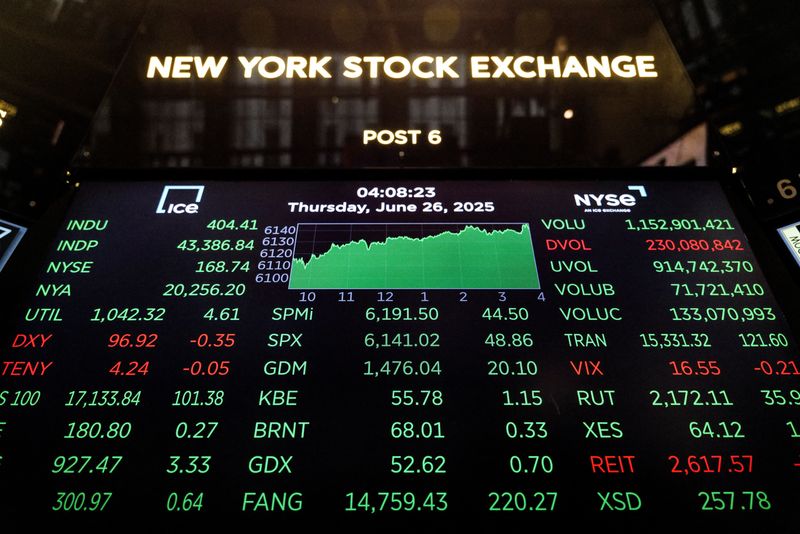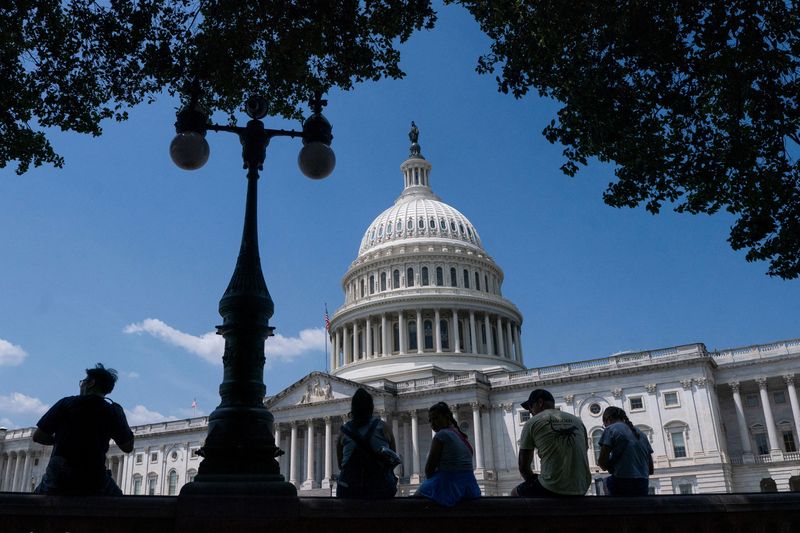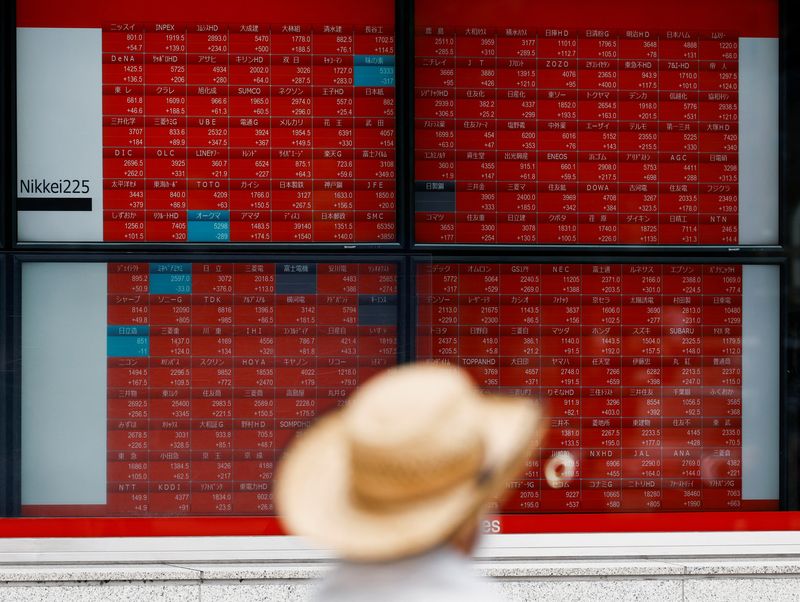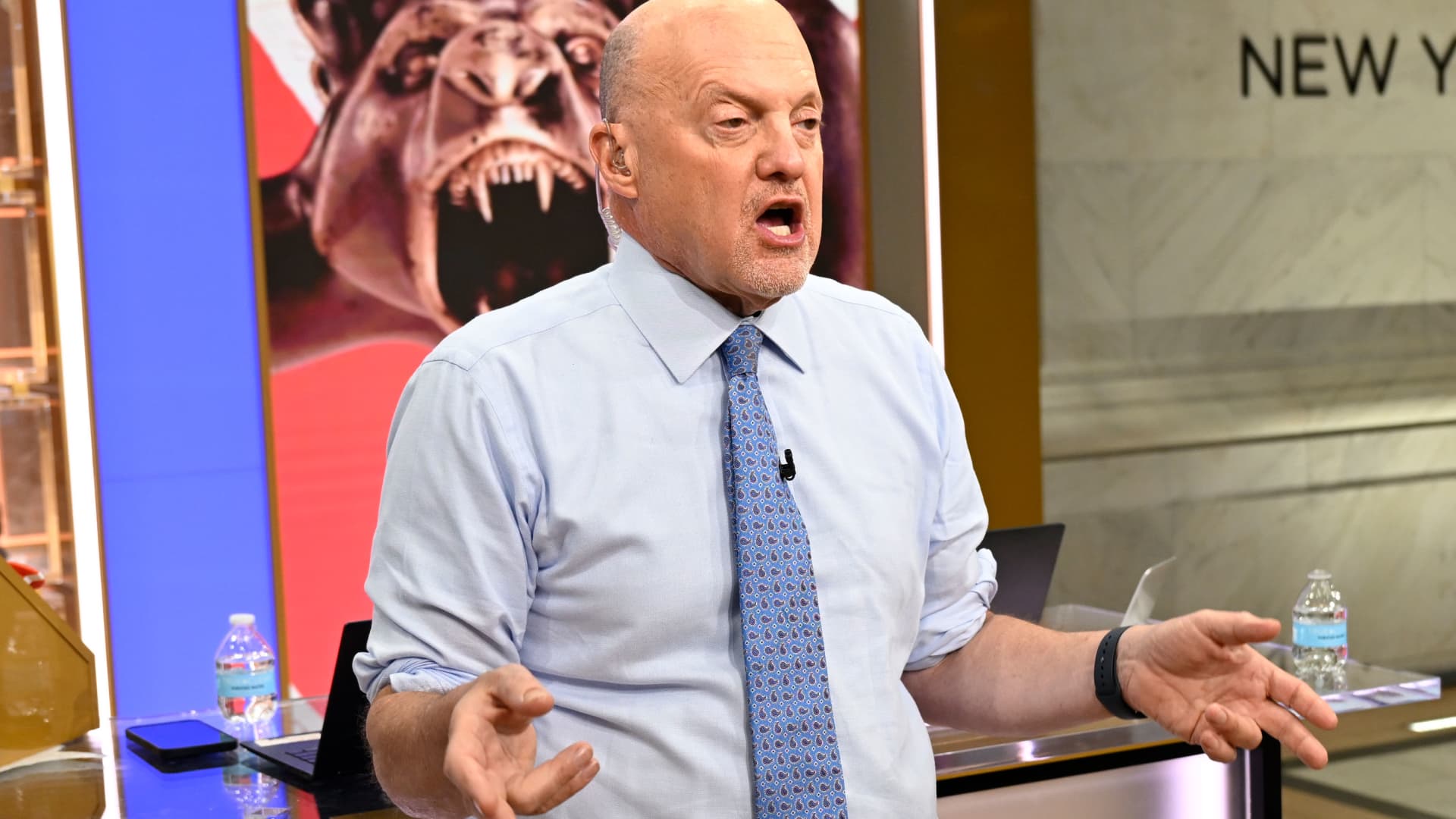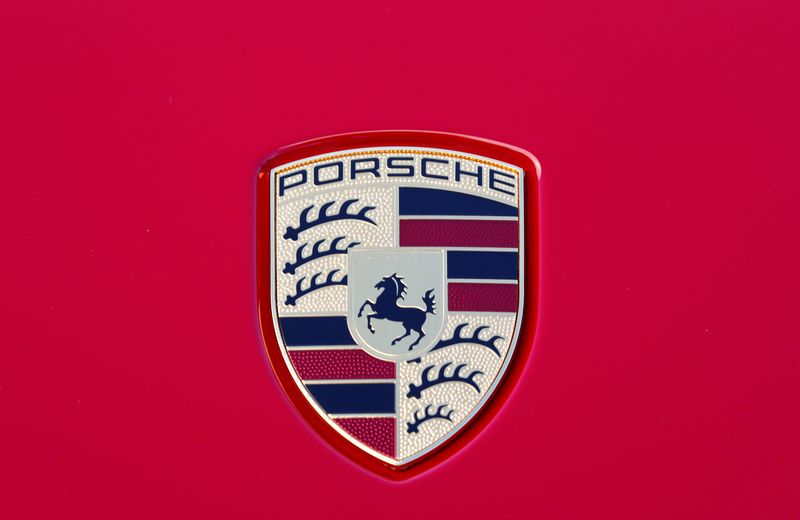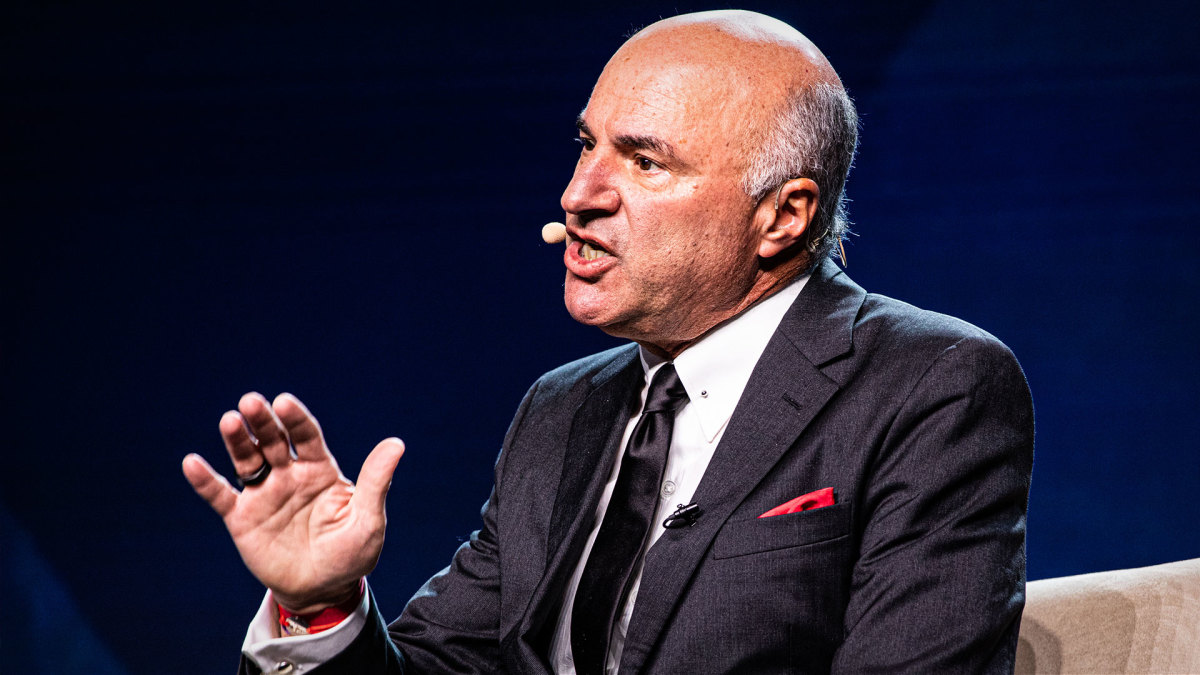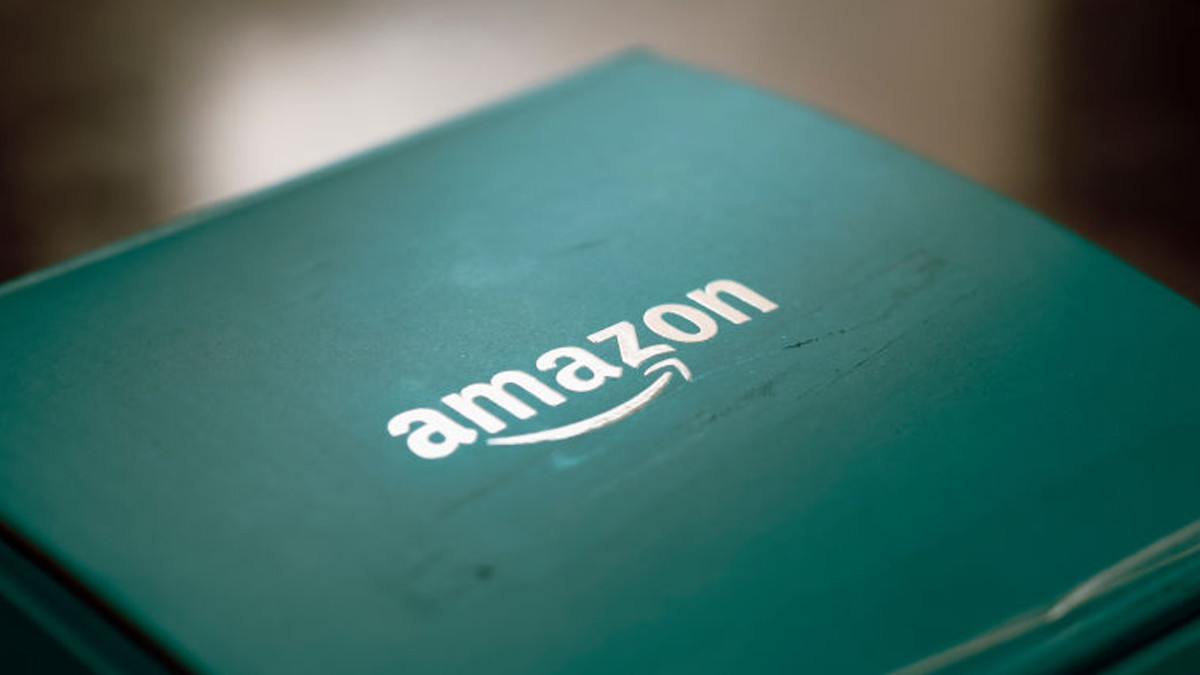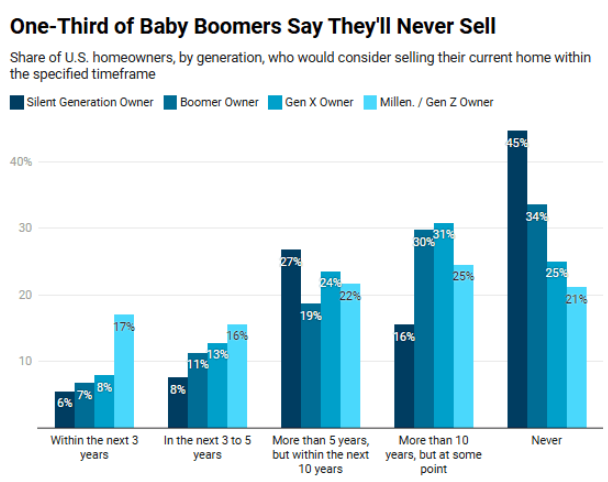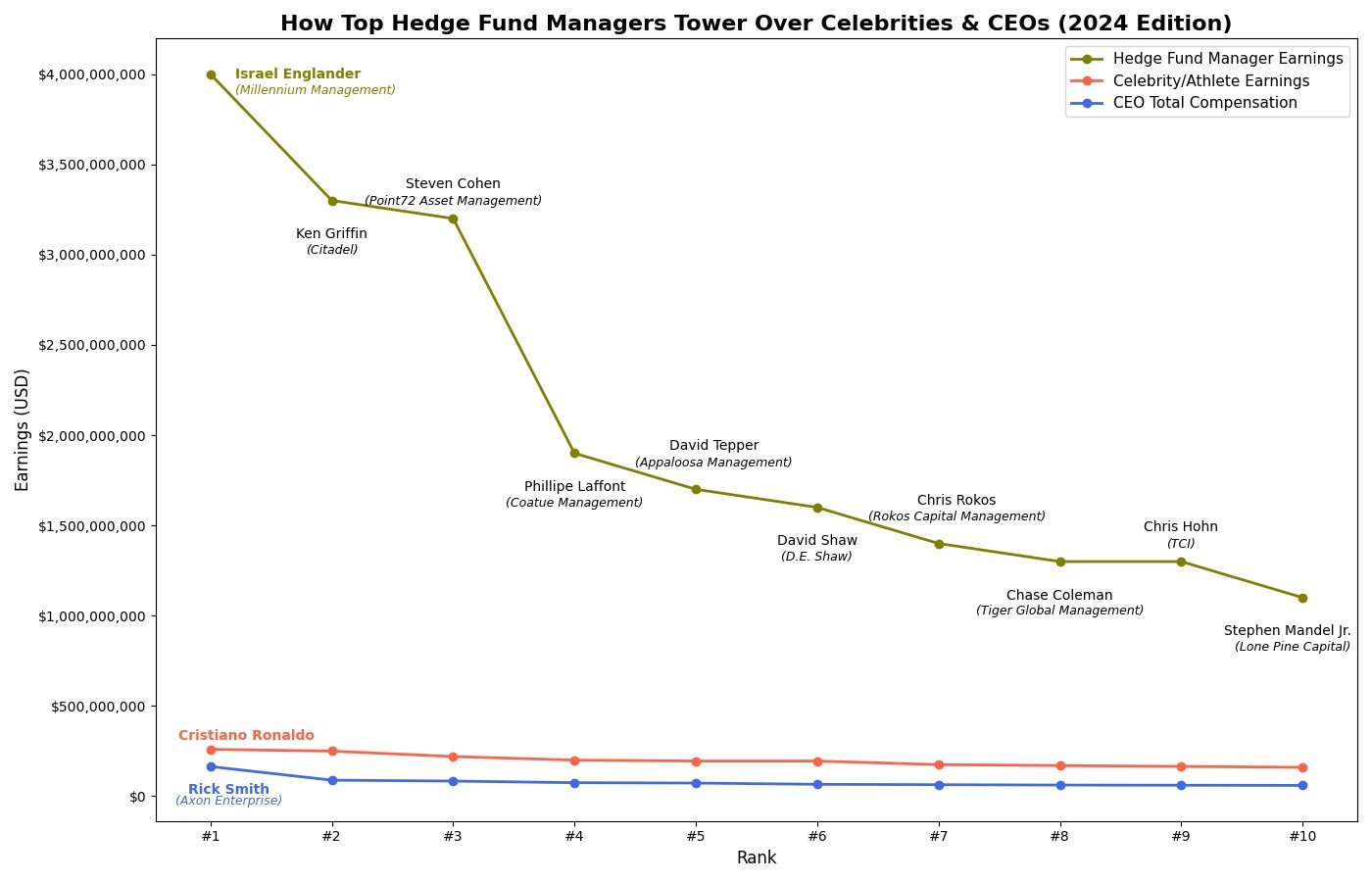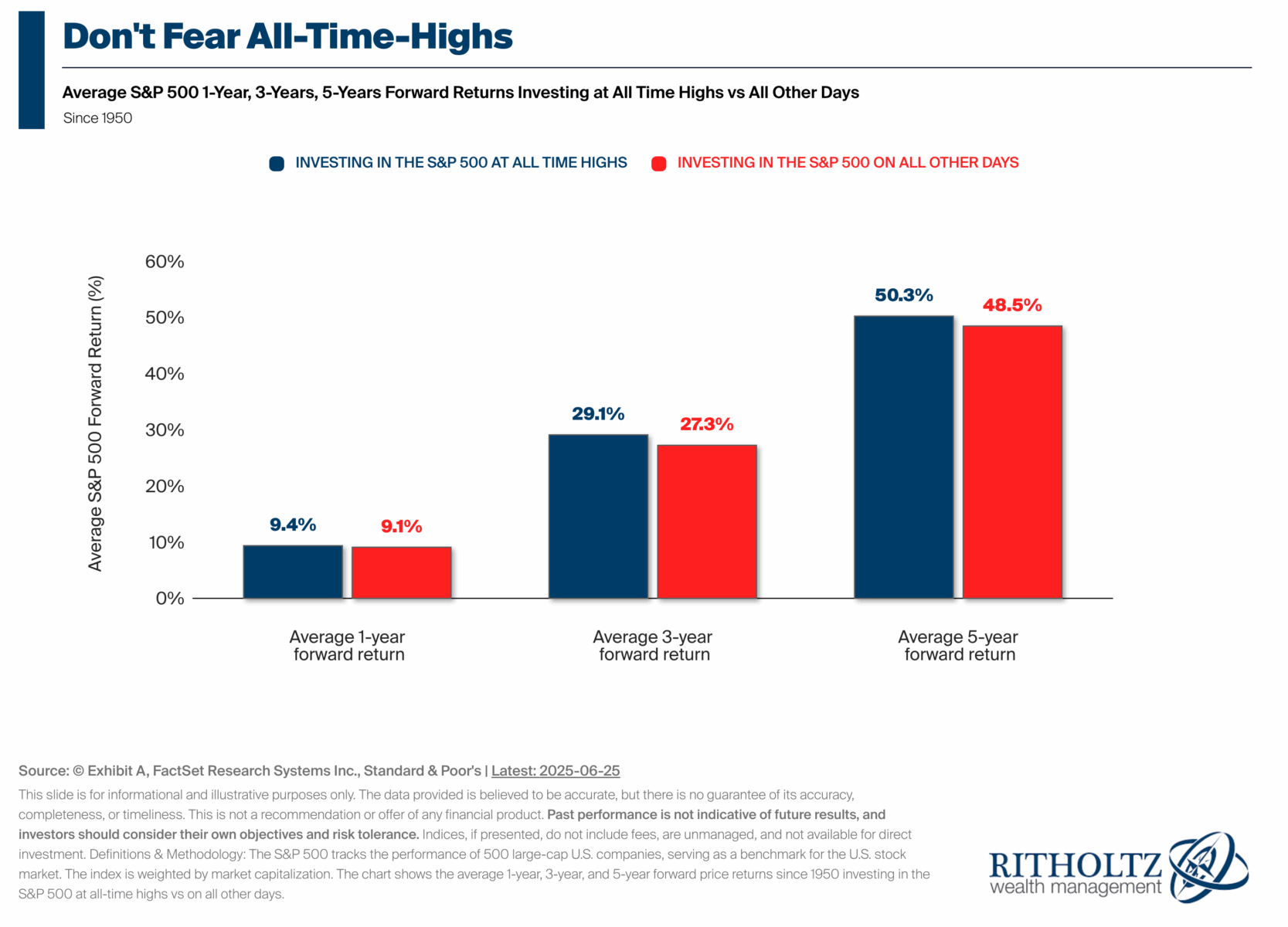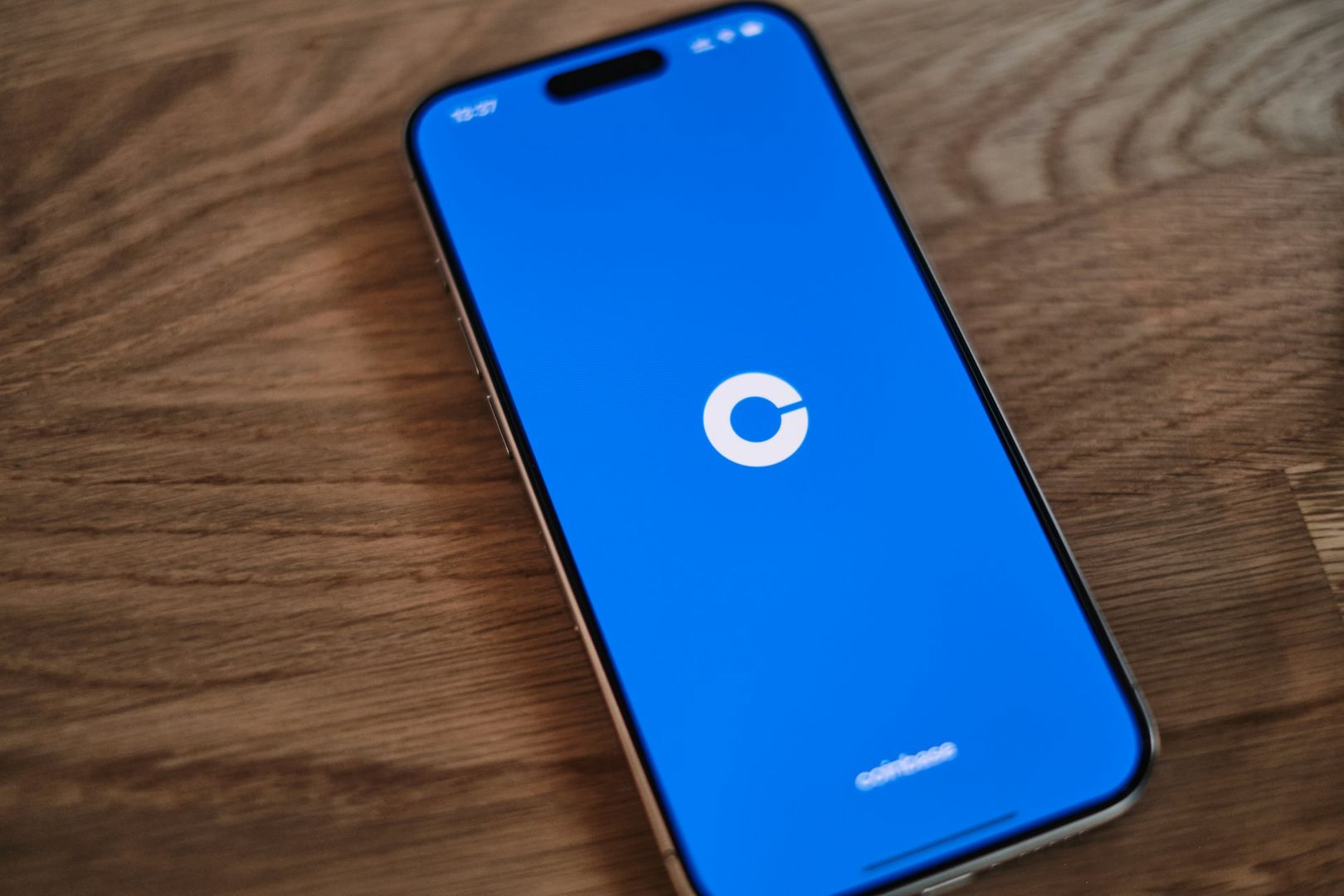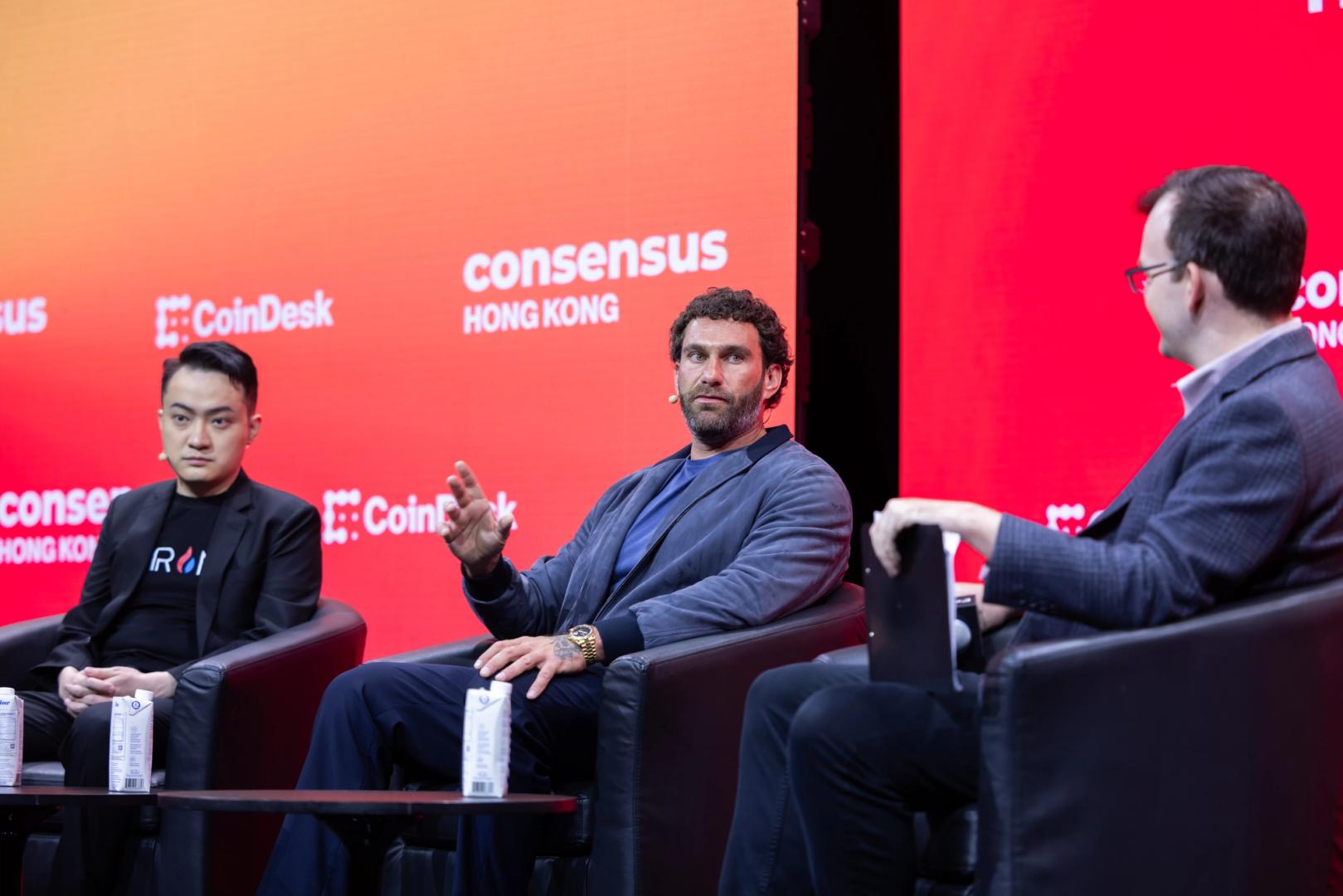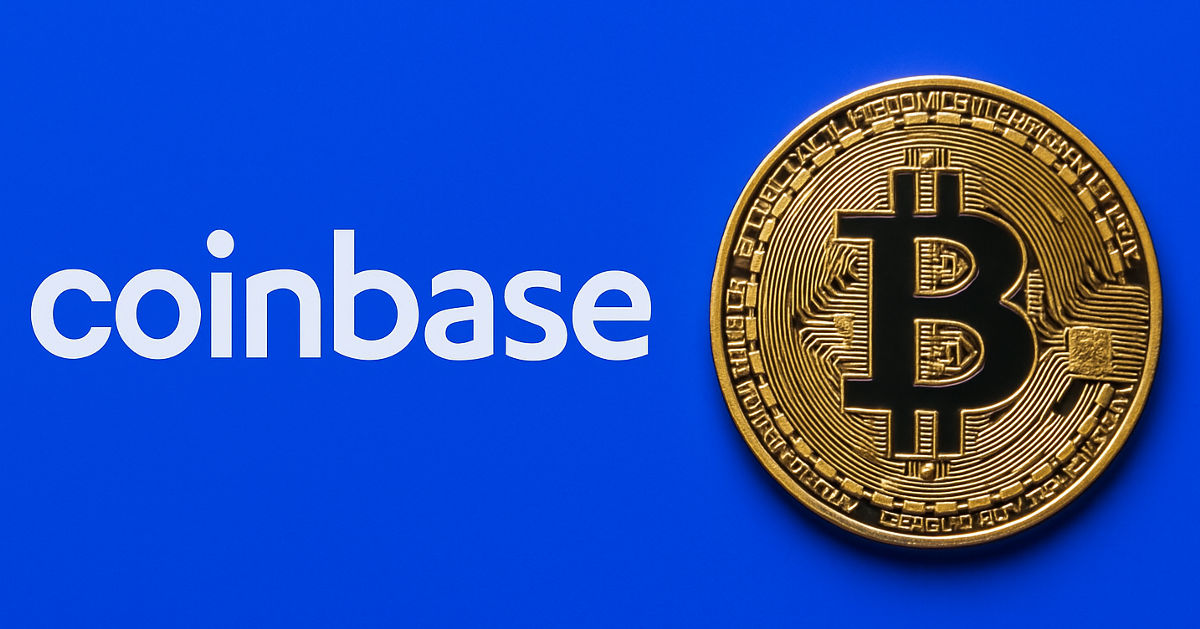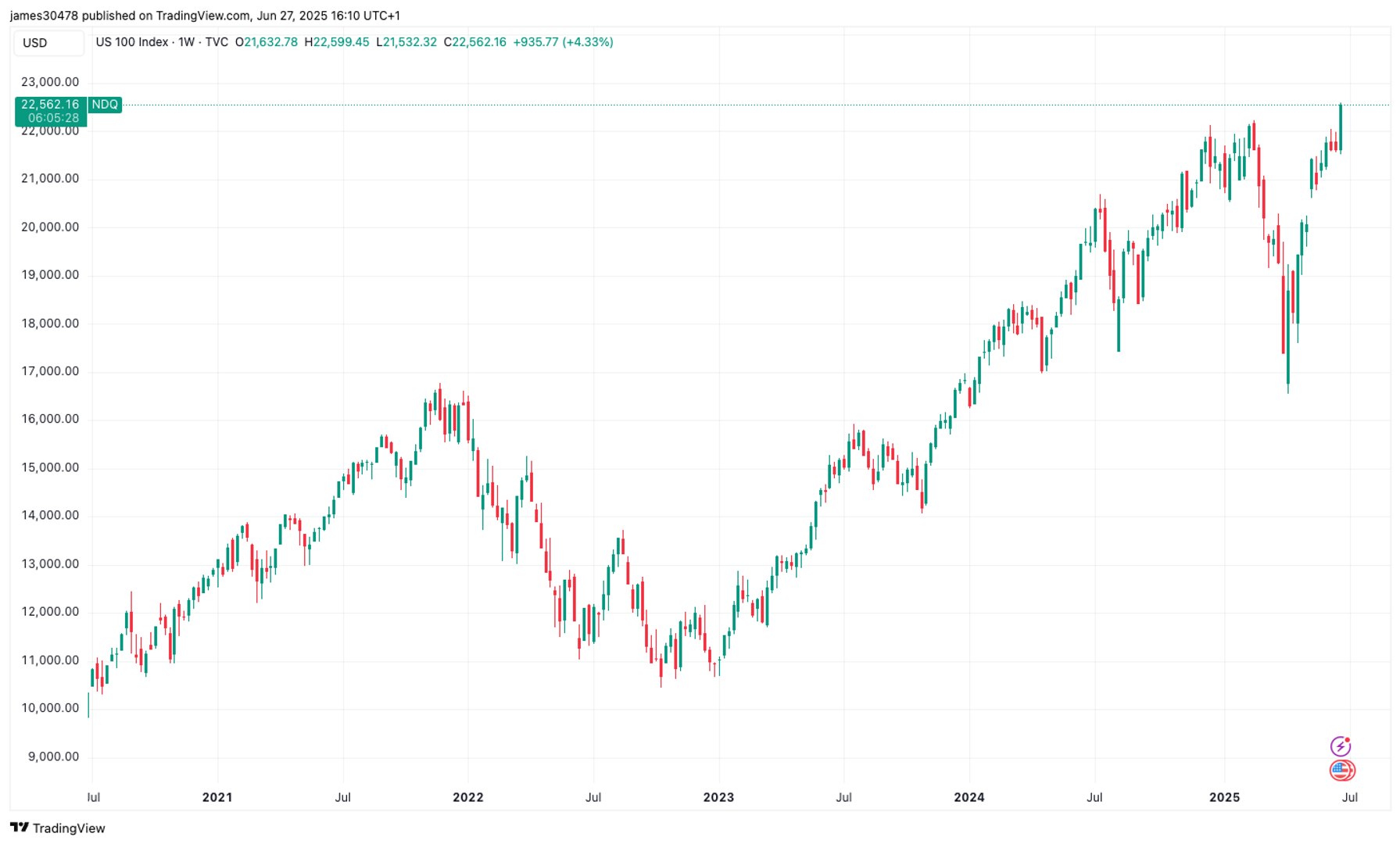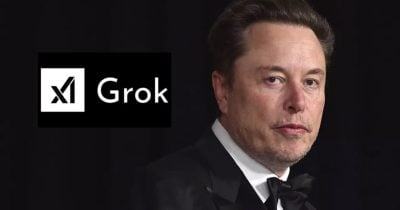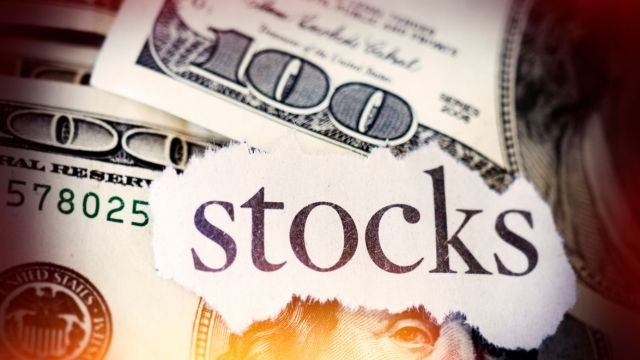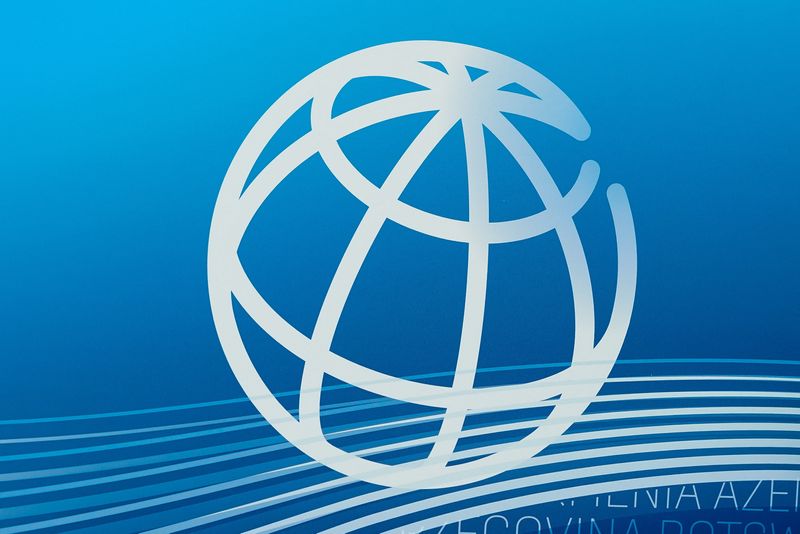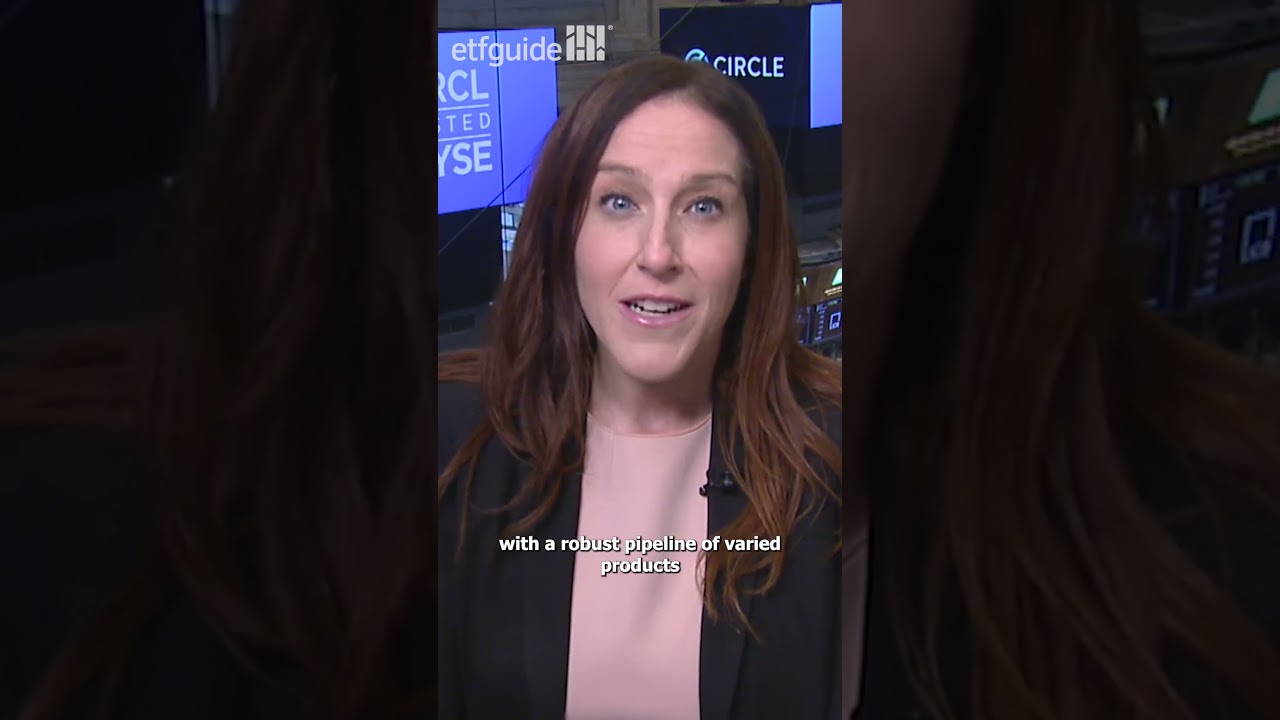Lionel Messi’s ex-teammate is coming to disrupt U.S soccer with a streaming hybrid to compete with YouTube and Netflix for Gen Z eyeballs
Lionel Messi's former Barcelona teammate Gerard Piqué's streaming-focused football venture plans October launch in the U.S. as competition heats up with rival leagues.

- Former Barcelona star Gerard Piqué is launching his innovative Kings League in the U.S., aiming to capture Gen Z’s attention with a fast-paced, streamer-driven soccer format that blends sports and digital entertainment. By prioritizing free streaming and interactive fan experiences, Piqué hopes to position Kings League as a direct competitor to platforms like YouTube and Netflix in the battle for young viewers.
Gerard Piqué is betting that American audiences are ready for a soccer experience that prioritizes entertainment over tradition. The former Barcelona defender’s Kings League, which he launched in January 2023, is preparing to enter the U.S. market this October as the streaming soccer hybrid gains momentum globally.
“I think our product is great for the U.S. audience,” Piqué said in an exclusive interview with Fortune at Stagwell’s Sports Beach in Cannes.
“In American sports, there’s always a winner. There’s always a lot of show, a lot of entertainment. I think that if we do it in a proper way, we can have so much success.”
What is Kings League?
Kings League represents a radical reimagining of soccer, designed specifically for digital-native audiences.
The competition features modified rules that ensure higher-scoring games and constant action, with matches broadcast live on streaming platforms like YouTube, Twitch and TikTok rather than traditional television.
Each of the teams in a league is owned by popular streamers who have built dedicated online communities, creating what Piqué describes as unprecedented fan engagement. The league has expanded rapidly since its Spanish debut, now operating across six countries with eight different leagues and nearly 100 teams in its ecosystem.
“It’s people that dedicate five, six, seven hours a day in their channel to create live content with their audience, with their fans, and this creates a link, like an engagement, a loyalty from the fans to the streamer that you cannot see in a sportsman like I was or an artist or a singer,” Piqué explained.
The company has grown from 10-12 employees at launch to more than 270 across six countries, though specific revenue figures remain private.
Piqué noted that “65-70% of our revenues come from sponsors,” with the streaming model eliminating traditional broadcast rights fees.
Entertainment over tradition
Piqué’s approach reflects a broader shift in how sports compete for audience attention.
He argues that football now competes against major tech giants for viewers’ time rather than battling other sports.
“For these new kids, football is not competing against basketball or tennis in terms of getting audience as it was in the past. Football is competing against Netflix, HBO, Amazon Prime, TikTok, YouTube, Instagram, all these platforms that offer entertainment, so the sport needs to be entertaining,” he said.
The league’s rule modifications address what Piqué sees as fundamental problems with traditional football. Each match features a seven-a-side format and lasts only 40 minutes. Draws are decided by penalty shootouts. And each team can play “secret cards” during a game, such as suspending an opposing player from the pitch for four minutes or having their goals count for double for four minutes.
“The fact that you go to [a regular soccer] stadium, you spend two hours with your kids and the game finishes 0-0 with no winner, no goals. This is not entertainment,” he said. “We don’t want to compete against football obviously … but we wanted to create a compliment.”
The strategy appears to be working. Kings League boasts that 85% of its audience is under 35 years old, and the league has attracted partnerships with traditional football organizations like Serie A to create joint content.
Pique unfazed by copycat competition
Success has bred imitation.
Since Kings League’s launch, similar leagues have emerged across Europe and Latin America, including Baller League, which originated in Germany in 2024 and has since launched in England, securing a major TV broadcasting deal with Sky Sports in the process.
Pique says, with a smile, that he welcomes the competition and takes it as a compliment: “It’s great. When people copy you, it’s because you did something good.
“We are the original one … I think that because we are the original ones, we have one year of advantage because all these leagues started in 2024.”
Piqué maintains that Kings League’s first-mover advantage and global ecosystem set it apart from competitors.
The league operates two international tournaments—the World Cup of Clubs and World Cup of Nations—that allow local streamers to compete on a global stage. The most recent World Cup of Clubs, held in Paris in June, drew 25,000 spectators.
“We are different than the rest. If you check the numbers in social, the audiences, the ecosystem,” Piqué adds. “All these leagues still are very local… We are the ones that we lead and the other ones follow. I think it’s important in life to be the leader and not the follower.”
King League’s U.S. market strategy
The American expansion represents Kings League’s biggest test yet.
Piqué acknowledges the challenges of entering a market dominated by established sports and entertainment properties.
“I think the US is an incredible market. Obviously it’s a big, big one with a lot of sports, a lot of entertainment going on, and it’s an expensive one to market, promote and so on,” he said. “So I think that we have to do it in a proper way.”
The company has spent months preparing for the launch, focusing on identifying the right streaming personalities to serve as team owners and developing the league structure.
“We are very happy to have a timeline and we know exactly when we will start, which is in October this year with some kind of event that we will announce soon,” Piqué said.
The timing coincides with growing interest in soccer in the U.S., fueled by high-profile signings like Lionel Messi’s move to Inter Miami—Pique’s ex-teammate at Barcelona.
From pitch to boardroom
Piqué’s transition from elite footballer—winner of one World Cup and a European Championship with Spain, plus eight La Liga and three Champions League titles with Barcelona—to entrepreneur began during his playing career.
“I started my first company in 2012,” he said, describing his attraction to “creating something new in a way, going out of the box and really trying different things that I’ve never done before.”
Drawing from his experiences under legendary managers Pep Guardiola and Sir Alex Ferguson, Piqué emphasizes the importance of team motivation and collective effort, which he now incorporates into his own leadership style.
“The most important side of it [management] is how they motivate the team… when you have huge challenge ahead or huge objectives, you have to really work as a team because if you work as an individual, you will never achieve all the big dreams that we have as a company.”
For young entrepreneurs, Piqué offers straightforward advice: focus on passion over trends. “Just to focus really on their dreams on what they really are passionate about… it’s better if you fail to do it in your way rather than doing something else because someone told you or because it’s the trend,” he said.
The Kings League’s rapid growth and expansion plans represent a significant bet that sports entertainment can successfully bridge traditional athletics and digital-first content.
As Piqué prepares for the crucial U.S. launch, the venture will test whether his formula for engaging younger audiences can translate across cultural and competitive boundaries.
“The potential is immense,” Piqué said of the American market. “It’s just a matter of time to really do it properly.”
This story was originally featured on Fortune.com





